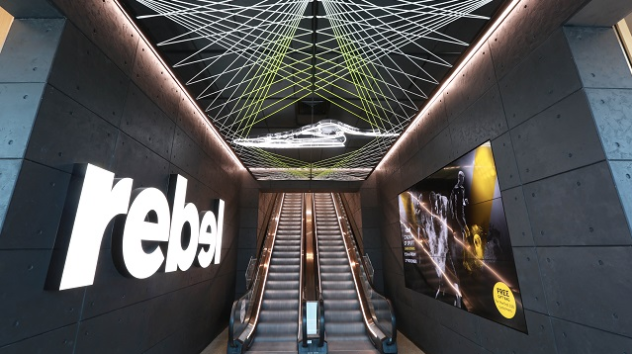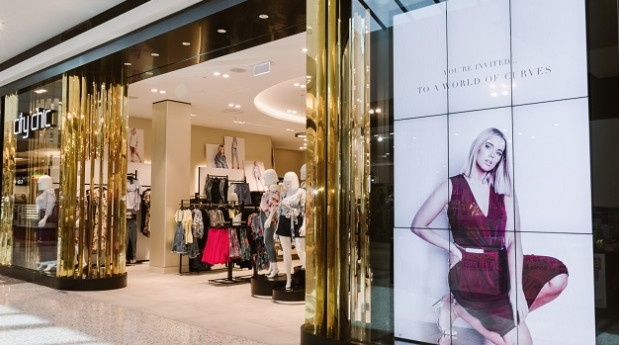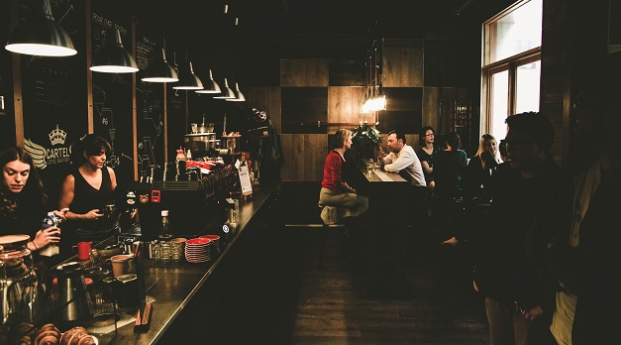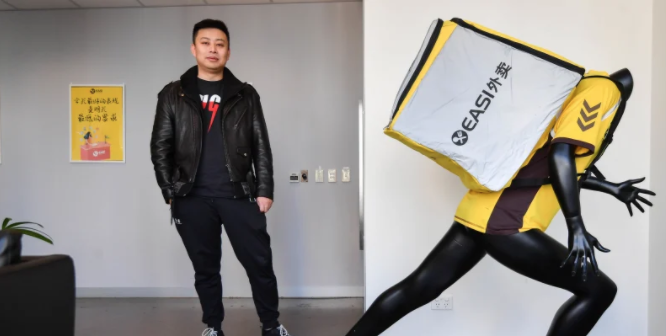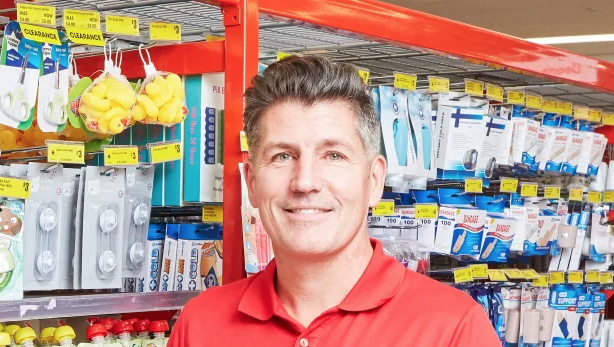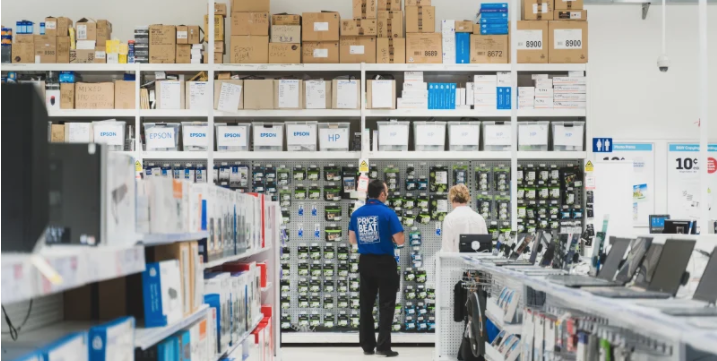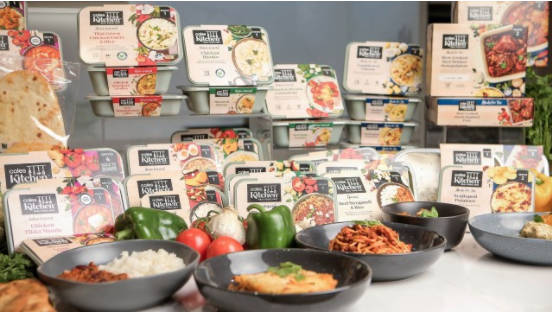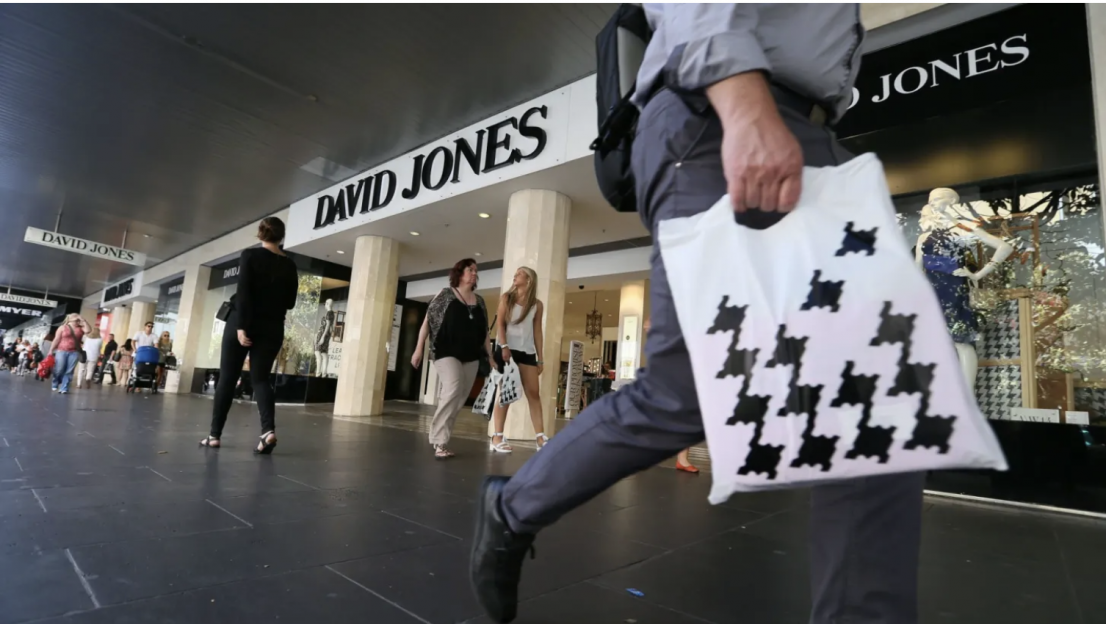
ast year, Chanel presented its cruise collection in a lavish display at the Grand Palais in Paris, with a set that transformed the cavernous space into a train platform, with the railways acting as the catwalk’s borders. Claudia Schiffer was there, and Keira Knightley too, applauding the candy-bright jackets many fashion critics thought were a stroke of genius from new creative director (or, in Chanel's vernacular, artistic director of the fashion collections) Virginie Viard. It was, as they say, a scene.
This year, things are very different. In March, Chanel made the decision to cancel its cruise show, which would have taken place in Capri – the perfect setting, one might imagine, for a holiday collection. For a brand that prides itself on its shows, and which has, in the past, set its clothing collections against such backdrops as a rocket ship, a supermarket, an airport, a circus, a man-made beach and a library, cancelling it altogether is a first, and one the brand hopes not to repeat.
“It’s a shame for everyone,” says Chanel’s global president of fashion, Bruno Pavlovsky, speaking to Life & Leisure on Friday afternoon, just days before the house will present its cruise collection as a series of online content titled Balade en Méditerranée (“A trip around the Mediterranean”). Instead of a decadent set on the sun-drenched Italian island, on Monday, the brand instead showed a range of silhouettes and videos on their web platforms.
“We’d worked for the past six months on the collection and the show, we were very excited to go to Capri. One of the things that would have been so amazing about Capri is its natural beauty; the lights, the colour, the unique beauty of the Mediterranean, particularly at this time of year.”
In an ordinary runway show (though there is never anything ordinary about Chanel's), Pavlovsky says, you have “20 minutes to convince.” Will a series of Instagram posts convey the same sense of excitement? “In a way it’s so difficult to translate the feelings you have in a show, but this is quite nice. If you asked me what we’d prefer, we’d prefer a show, no doubt. You cannot compare it to a show.”
Pavlovsky has a long history with Chanel – after a stint at Deloitte in the late 80s, he started at Chanel in 1990 in audit and management, working his way up to his current position in 2004. If new creative director Virginie Viard was widely regarded as Karl Lagerfeld’s right-hand woman, Pavlovsky is the left-hand: the business mind that supports and guides the maison’s design directive.
He is biased, he says, about the collection the world is about to see. “I’m not a good judge of the collections,” he says, laughing gently. “I am always positive about them. This collection is quite special for us; it’s the first time we’ve had a collection without a show.”
Indeed, Chanel will be the first major French brand to present a collection at all – online or not – since the country went into lockdown in March. Adding to the symbolism of the show – a value Chanel hangs its logo-stamped hat on – the show’s erstwhile location, Capri, was partly chosen as a nod to Lagerfeld, who spent time there in 1997 photographing the Villa Malaparte.
But adapting cruise is more than just an emotional decision; the collection is incredibly important to the brand’s bottom line. For those outside fashion circles, the somewhat confusingly named cruise collection is not intended, of course, for customers who cruise – it is summer wear, less formal than couture but just as refined in terms of its reflection of the brand values.
Gabrielle Chanel is credited with inventing the cruise collection, and Lagerfeld reinstated the idea in 2000, along with a show that travelled each year to a different exotic location (Grand Central Station in New York, the Eden Roc in Cap d'Antibes, the Bosquet des Trois Fontaines in the gardens of the Château de Versailles, The Island in Dubai, even Havana, Cuba, the country’s first fashion show since the communist revolution of 1959). Cruise collections may lack some of the drama and extravagance of a haute couture show, but they contribute handsomely to a house’s finances; there are many more clients who look for a cashmere Breton knit than a rarefied couture ball gown.
Pavlovsky does not go into budget specifics, but does note that cancelling the collection altogether would have been disastrous for the company’s suppliers. “Our first thought is for our own business, but as you can imagine, manufacturers are not in a good situation, the coming months will be quite difficult because a lot of orders have been cancelled. If people are not doing collections they will not get any more orders. For us, it’s symbolic but it’s important that in the past and the future [cruise] will be part of Chanel.”
So what about the clothes? As with most Chanel collections, there is tweed, but here, reinvented for the summer months: a sherbet orange bolero, a shirt knotted at the midriff paired with a drop-waisted maxi skirt, a balconette bra worn under a sheer draped blouse, the kind of thing you might wear to sip champagne on, yes, a Mediterranean cruise. Pavlovsky, who has known Viard since 1990, says she has brought a new sense of femininity to the clothing. “There is something, I think, about a woman designing for other women.”
We’re not designing a new collection because we want to design a new collection ... it makes sense for the business and the brand.
— Bruno Pavlovsky, Chanel
In July, the Paris couture collections will be held digitally, rather than on runways. Pavlovsky is hesitant to put a time on anything returning to normal, but is hopeful that by Paris Fashion Week in September, models will at least be able to walk the runway, albeit to digital audiences.
“But between now and then, so many things could happen. At this stage probably we’re planning a show without an audience that we will livestream. Nothing has been decided, it is far too early. We need to be very agile and able to adapt.”
On this, I press Pavlovsky. There is a mood right now in the fashion industry at large that the rapid cycle of collections and the vast sums spent on shows are out of touch with a world battling climate change and global pandemics.
In May, Belgian designer Dries van Noten spearheaded an open letter, signed by the likes of Tory Burch, Carolina Herrera, Jil Sander and retailers such as Nordstrom, Bergdorf Goodman and David Jones, to change the way fashion is run: an adjustment to the deliveries of collections to stores, a shift in the fashion calendar, changes to the discounting season and more. In April, Saint Laurent announced it would not take part in the catwalk season as normal. Giorgio Armani has announced that his January Armani Privé runway collection will be "seasonless" and what is seen as a harbinger for the rest of the industry, Gucci declared it would go from five to two shows a year.
But what of Chanel?
Pavlovsky is firm when he says, “We have six collections a year today, and we don’t do it just because we want to, but because our business demands it, our customers want it. We’re not designing a new collection just because we want to design a new collection. We are designing a new collection because it makes sense for the development of the business and the progression of the brand.
The show cycle, he says, is more than just showing for the sake of it. “For the past thirty years we have been a key partner for Paris Fashion Week. It is a key cultural moment, it is a tradition, it is something very important … to the economic activity of a city. We are very supportive of that.”
None of that is disputed, of course. But if a major brand such as Saint Laurent is changing the way it operates, what might happen to the calendar?
Pavlovsky is politely dismissive.
“Each brand has to decide what they want to do. Any brand can do whatever they want. But I think there is a strong common interest in Paris, to support the Fédération de la Haute Couture et de la Mode [which organises Fashion Week]. But brands can decide not to participate, but at the end of the day, that will make life more difficult.”
As our time comes to an end, I ask Pavlovsky: how will the team celebrate this new collection, considering each show is usually followed by a sumptuous party? On this, he is subdued and reflective.
“We will celebrate with Virginie. [But with] the situation at the moment, we will continue working on the couture collection, the spring/summer collection. Our mindset is to be careful, we don’t want to go too fast. It’s not about celebrating so much but about getting back to something much easier, more normal, by September.”
Because, of course, the show must go on.
